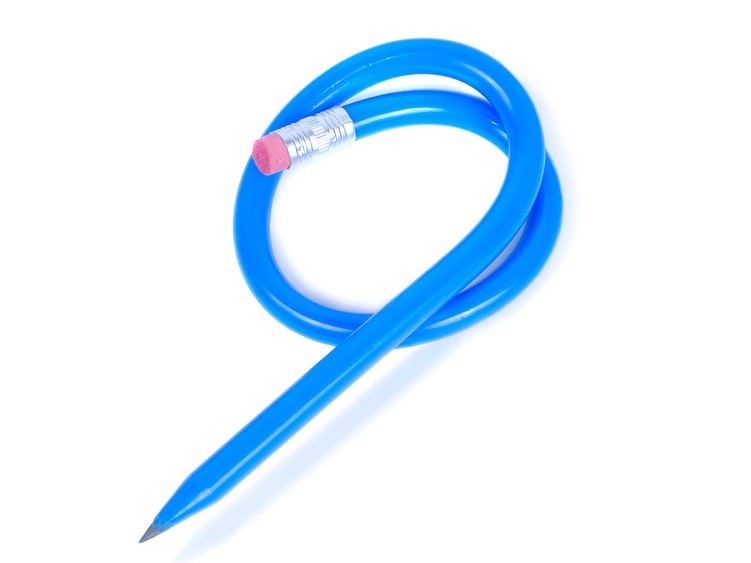
There are many finance options available for buyers looking to purchase their franchise business.
Leo Rodino, finance specialist at MoneyQuest, says these range from products offered by mainstream lenders, who normally require real estate security and a cash contribution from applicants, to second tier financiers offering unsecured short-term loans options for business growth.
The following is a summary of the most common lending options available in the market:
1. Approved franchise loans
Many mainstream lenders in Australia have their own list of “approved” franchises which they prefer and are comfortable with, after conducting a thorough assessment of the brand. A buyer applying for a loan to purchase one of these approved franchises will benefit from a streamlined approval process, fewer information requirements from the bank, a lower interest rate and a higher loan amount in relation to the purchase price; for example up to 70 percent in some cases. Real estate security is normally not required, with the loan being secured against the business itself. The buyer will be required to contribute the balance of funds to cover the purchase price and transaction costs. The maximum loan term can extend to 15 years, capped by the lease expiry date.
2. Franchise business loans
For franchise brands other than those on the “approved” list, banks will still offer loans to applicants buying a business on fairly similar term and conditions as those available to approved brands. However, in this case real estate security will normally be required to cover the whole loan amount, which in addition will typically be limited to 50 percent of the purchase price, with the buyer required to contribute the balance of funds needed to complete the transaction. The maximum loan term can extend to 15 years, capped by the lease expiry date.
3. Unsecured business loans
Beyond mainstream banking there are more lending options, offered by non-bank lenders and also investors through platforms commonly known as “peer-to-peer”. The benefit of these alternatives is usually that a lower cash deposit is requested from the applicant and the need for real estate security as the loan is typically secured against the business or a director’s guarantee. There is no pre-set credit criteria for approval and the business is qualified case-by-case based on performance, longevity, industry, location and other factors. Interest rates can be expected to be higher than the lending alternatives mentioned above, depending on several factors such as credit profile, business assessment, credit score, and funders or investors’ appetite). The maximum loan term is five years, capped by the lease expiry date.
4. Short-term unsecured business loans:
These loans are suited for businesses that have been trading for at least six months, and can be used for buying new inventory, investment in equipment, expanding or renovating stores, building a new website or running marketing campaigns, hiring new staff, managing short-term cash flow.
It can also be a good option for existing franchisees or business owners to fund the purchase of their next store. The interest rate is determined on application based on the business and the applicant’s profile, and the maximum loan term is 12 months. This is a flexible and simplified alternative to secure funds for growing an existing business or franchise.
5. Debtors and equipment finance
Some lenders offer the flexibility to structure lending facilities such as debtors and equipment finance on one business to fund the sale of the same business to a buyer, which could be a solution in certain cases.
What to consider
Gavin Culmsee, GM at retail franchise Bedshed, says when seeking finance, franchisees need to ensure they have enough working capital to cover the first three months of overheads (rent, staff wages, etc).
“Don’t leave yourself short. Make sure you actually get enough finance,” he advises.

